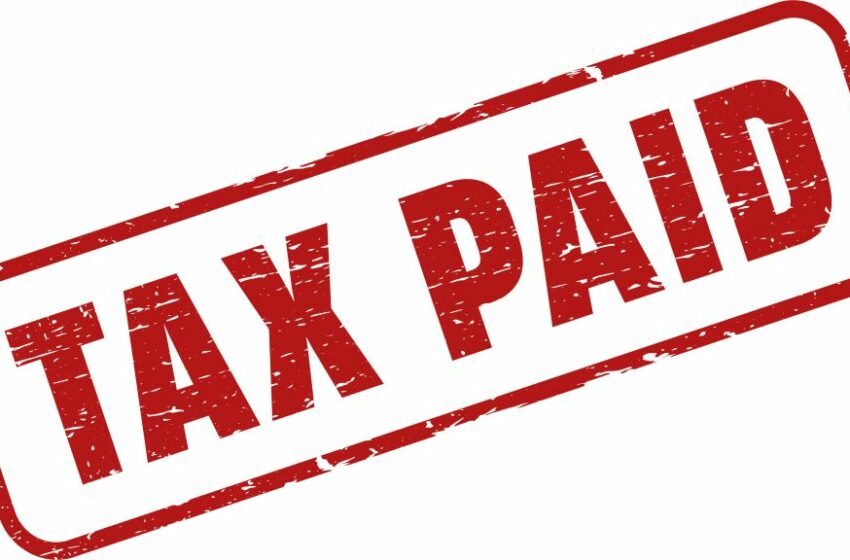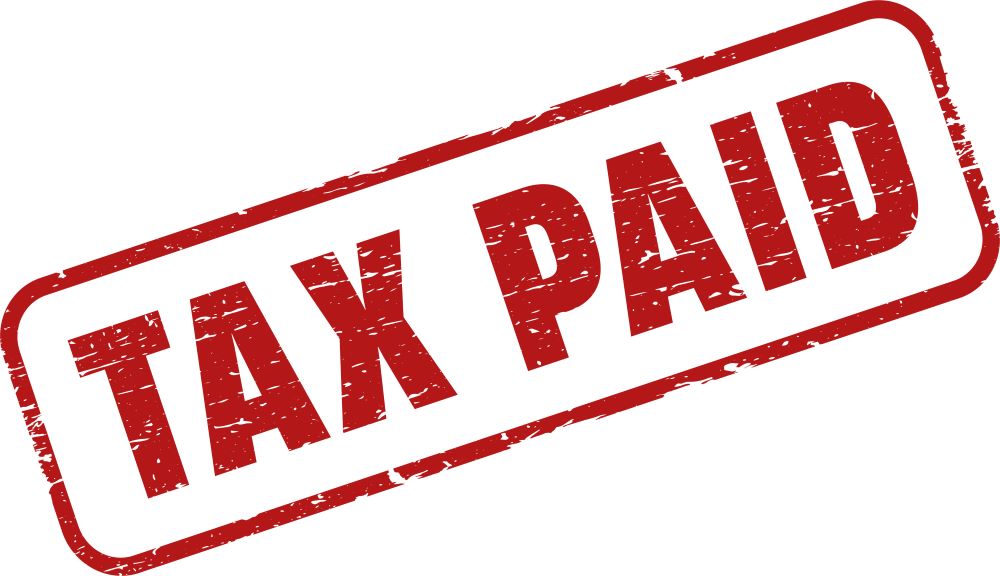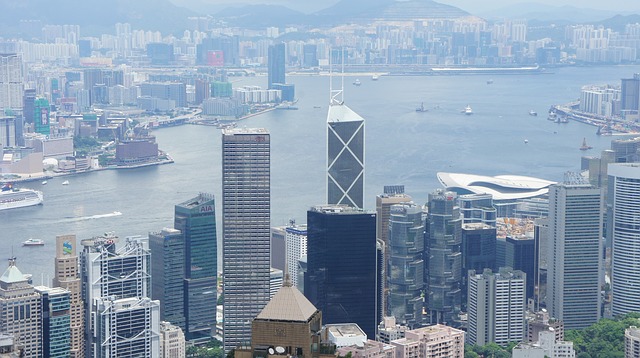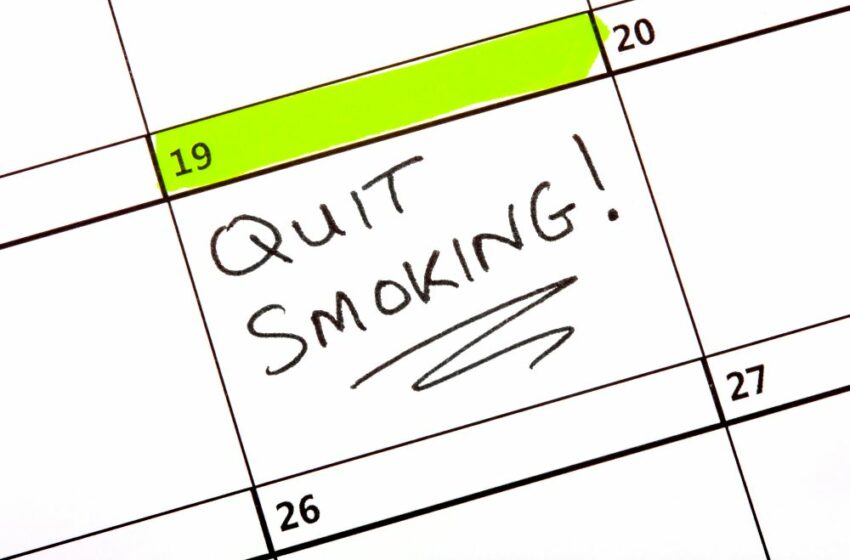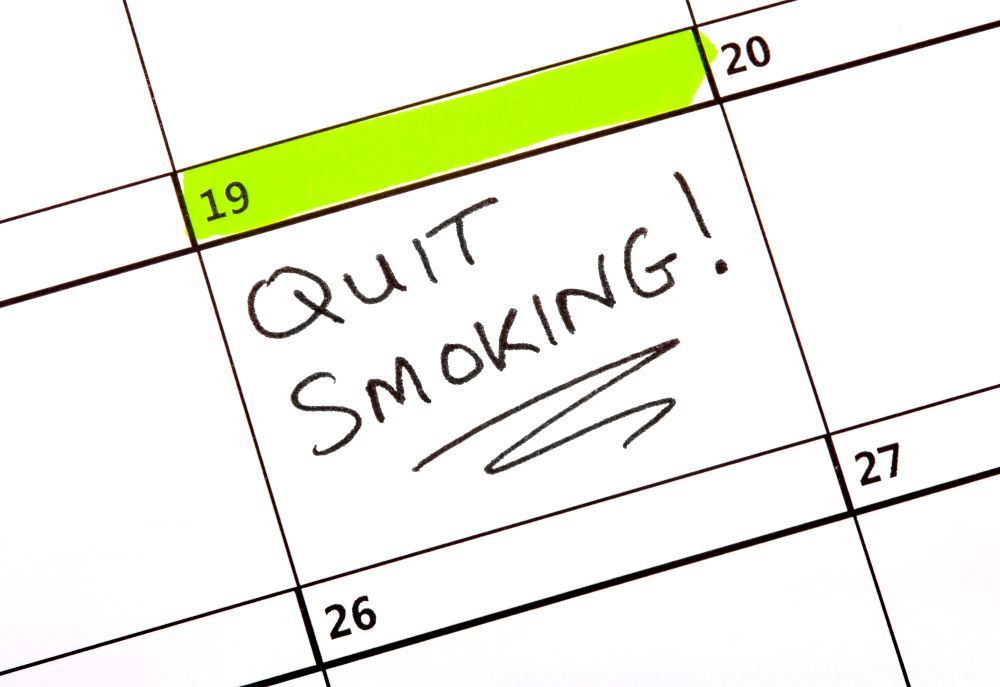
Hong Kong announced several new anti-tobacco policies on June 6, reports The Standard.
Among other measures, the city plans to introduce a new duty-paid labeling system, ban “smoke-and-queue” behavior in public, and prohibit all flavored cigarettes and alternative products including vapes and heated cigarettes.
The rules are meant to help the government lower smoking prevalence to 7.8 percent by 2025 and ultimately achieve a “Tobacco-free Hong Kong” after the completion of a public consultation exercise launched last year.
Other measures include raising the maximum penalty for evading tobacco duty to a HKD2 million ($256,082) fine and seven years’ imprisonment; a ban on providing cigarettes to underage teens and children; and continuous reviews on the adjustment of tobacco duty.
The government will also maximize the area reserved for health warnings on cigarette packaging to 100 percent; expand non-smoking areas and increase fines for violations.
Secretary for Health Lo Chung-mau said the government strives to table the new policies to the Legislative Council before the end of this year and expects they will be passed within this legislative year.
More than 90 percent of respondents to the public consultation agreed with further lowering the smoking prevalence.
There are more than 570,000 daily smokers in Hong Kong and the latest prevalence stands at 9.1 percent, according to Director of Health Ronald Lam Man-kin.




